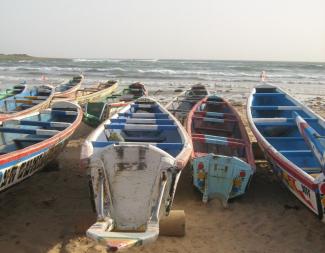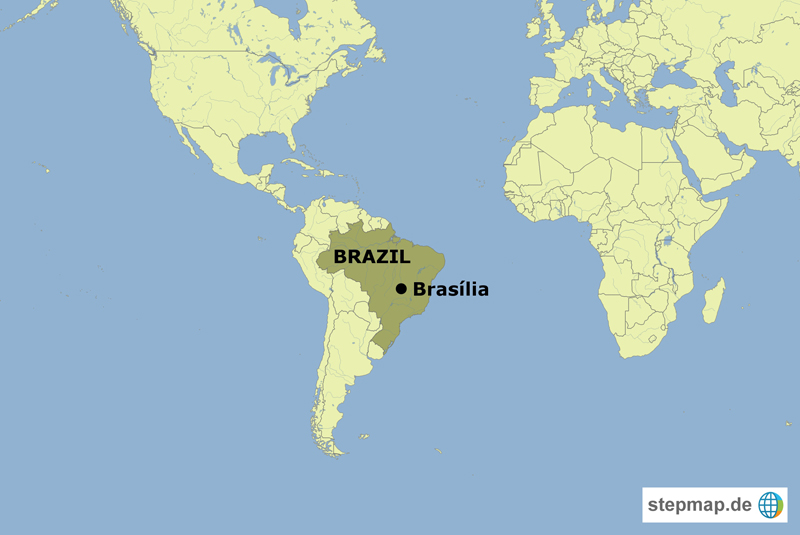Ecology
Unsustainable business

Global fish consumption has increased rapidly in recent years – above all, in developing countries. According to the UN Food and Agriculture Organization (FAO, 2016), the per-capita consumption in these countries rose from five kilogrammes in 1961 to almost 19 kilogrammes in 2013. At the same time, populations grew feast. In industrialised countries, the per-capita consumption was almost 27 kilogrammes in 2013.
The authors of the FAO report argue that fishery and aquaculture can improve nutrition at a global level. Fish products provide nutritional diversity and are rich in nutrients. In many poor countries, they are the main source of protein.
According to FAO data, almost 60 million people all over the world made their living in fishery and aquaculture in 2014. In developing countries, livelihoods depend on artisanal fishing in particular. Small-scale fishermen face considerable risks, and their business depends on middlemen in many developing countries, so their incomes are small. The FAO suggests they should form cooperatives and pursue collective strategies to get better access to markets and up-to-date technology.
Artisanal fishing is under pressure, not least because of the growing relevance of the global market. China has become the largest exporter of fish, followed by Norway and Vietnam.
It causes concern that fish populations are decreasing in many regions. According to the FAO report, the most productive maritime region for catching fish continues to be the Northwest Pacific, followed by the West Central Pacific, the Northeast Atlantic and the East Indian Ocean. However, compared to other productive maritime regions, the yields from the Northeast Atlantic have dropped massively in recent years.
The authors note that fish populations are not being controlled and monitored in a sustainable way. Over-fishing affects many regions, and illegal fishing contributes to the trend. Laws need to be enforced. Additionally, the systematic breeding of water organisms could contribute to stabilising fish populations and make fisheries viable long-term.
Aquaculture is important for global food security. In 2004, it covered 39 % of the human demand for fish. The FAO authors argue that regional and international cooperation is required to make fisheries and aquaculture sustainable, especially since climate change and environmental pollution are exacerbating problems.
The FAO appreciates that more than 170 countries have signed the Code of Conduct for Responsible Fisheries that it adopted in 1995. The FAO offers support for implementing the Code.
Source
FAO, 2015: The state of world fisheries and aquaculture.
http://www.fao.org/3/a-i5555e.pdf














